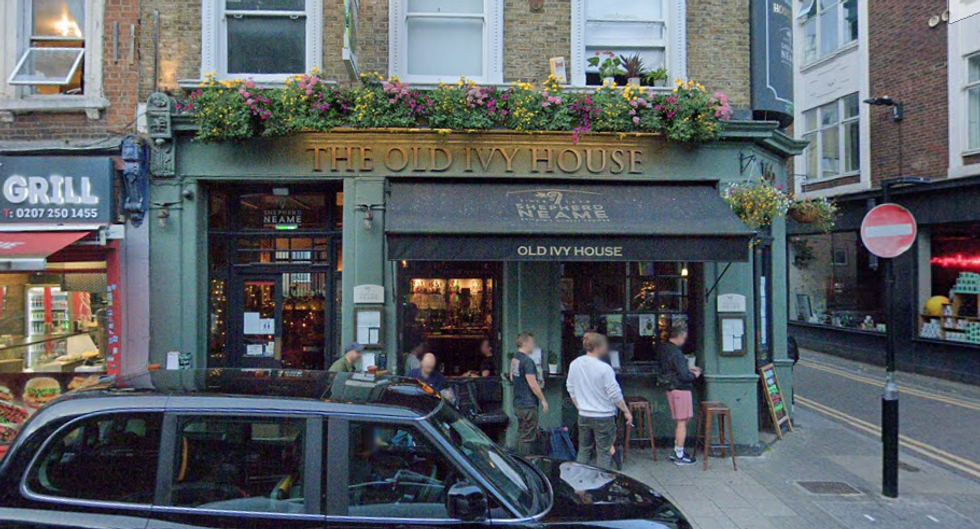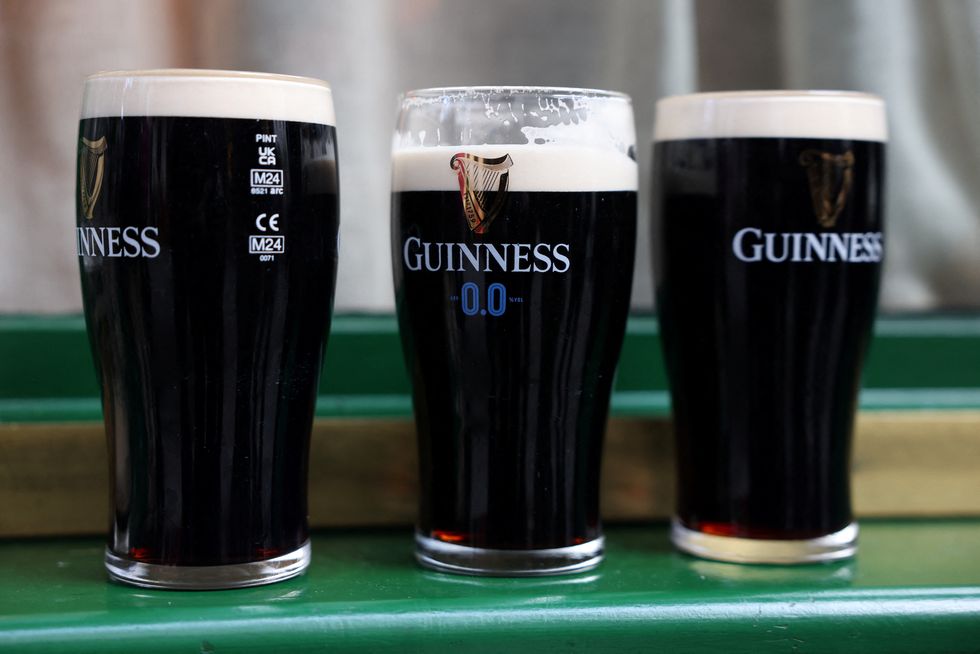Britain returns to ‘post-war ration cards’ as pub issues warning over nationwide Guinness shortage
A British pub has handed out “ration cards” as they have warned of a nationwide Guinness shortage.
The Old Ivy House in Clerkenwell, London is making customers buy two drinks before they can order a pint of the Irish stout.
They are given cards that are signed and stamped by staff to show when they are allowed to purchase “one ration of Guinness”.
Del Currie, the co-owner of the pub, said they usually go through about eight kegs a week but only received three this week.

He told The Morning Advertiser: “Instead of freaking out and saying, ‘There’s going to be no Guinness for Christmas’, we thought we’d have a bit of fun with it. We started doing it last night and it ended up being quite fun – people really enjoyed it.”
Currie said the pub was very busy last night so stock was low.
He added that ration cards would continue “while stocks last,” and said: “We’re down to about two kegs, so tonight is going to be all about the ration cards. I’d say we’ll probably run out by 10pm.”
The pub wrote on its Instagram: “Ladies and gentlemen we are being rationed.
“The #blackgold is in short supply countrywide. It’s true.”
LATEST DEVELOPMENTS:
- Tony’s Chocolonely scolded by Michelle Dewberry for ‘woke’ advent calendar move
- Labour’s ‘obsession’ with net zero blasted by Reform chairman
- Braverman fumes ‘Brexit Betrayal well underway’ as Starmer eyes up major plan for EU reset
“We are down to 3 barrels with our next delivery not due until next Wednesday – at the busiest time of the year!!”
“Ask at the bar for your ration card. We’ll get through this together.”
A staff member at The Old Ivy House told MailOnline that customers understood the need for the limit which is only there because of shortages.
She said: “Our guests understood what it was all about. Nobody took it to heart.”

“We weren’t super strict about it so if a group bought two drinks we would let them have a Guinness.”
Guinness makers Diageo have had to restrict the supply of the drink after “exceptional consumer demand” at UK pubs.
Guinness has grown in popularity as celebrities like Kim Kardashian were pictured enjoying a pint of the stout.
Sales have also increased by 24 per cent among young women.

